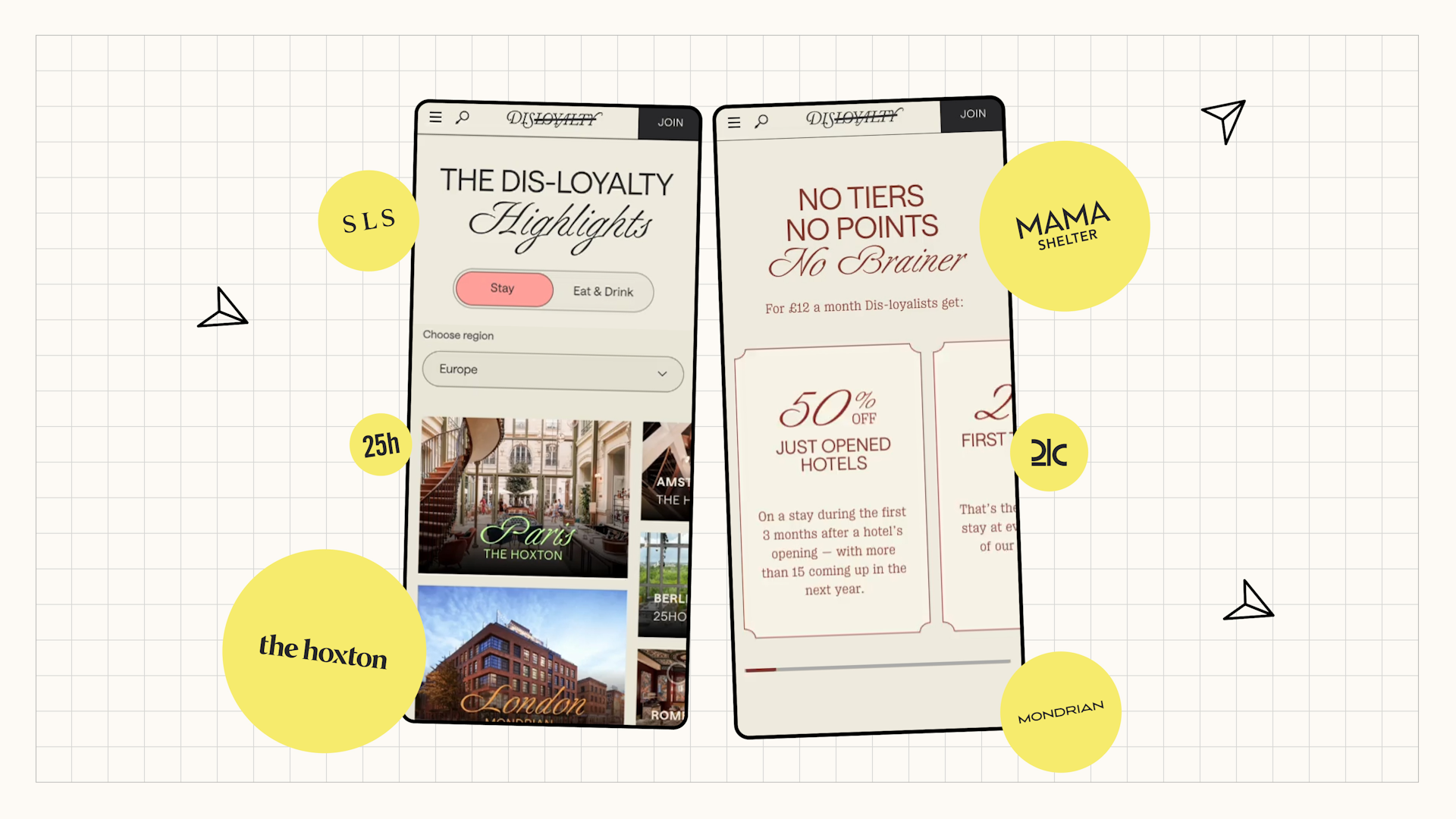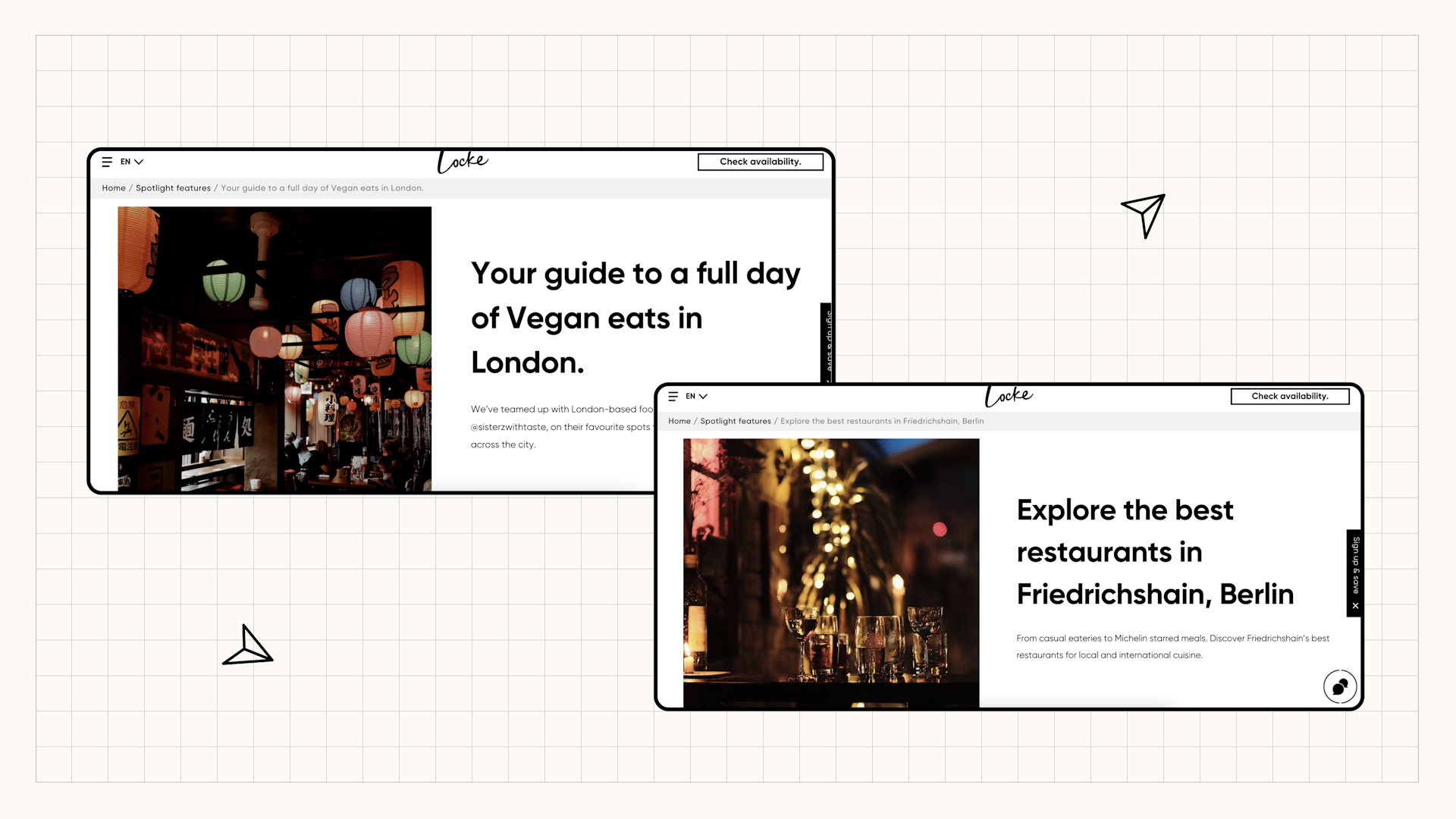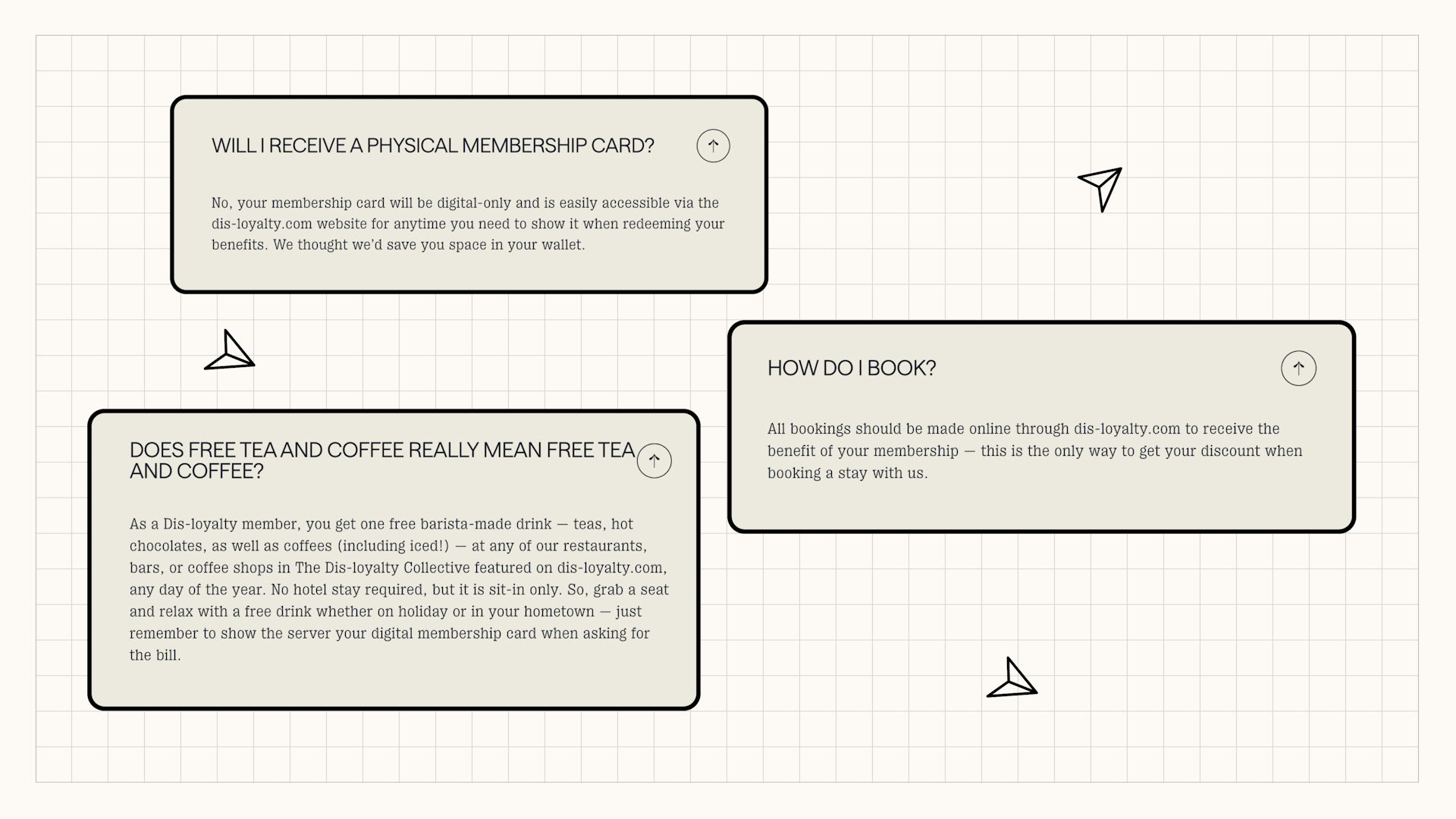It’s not all about AI: what travellers expect from digital products in 2025
By Charlie Wileman - 23 May 2025
5 Min Read
Hotel guests expect much more than just a place to sleep. With 50% of remote workers now using hotels as their workspace and a 42% rise in demand for unique, experience-driven stays, hotels have a real opportunity to play a bigger role in people’s lives.
Consumers aren’t just seeking more well-rounded experiences—they’re craving authentic, meaningful connections.
It’s easy to get caught up in the latest trends, like launching an AI concierge. But with 90% of guests still preferring human interaction for customer service, these innovations can sometimes feel forced or off-brand.
Hotels should embrace their unique identity, get closer to their customers, and decide what kind of relationship they want to build.
We’re going to cut through the fads and help you discover what really matters to your customers.
Reimagine loyalty as an emotional investment
Loyalty programs have long been a staple of the hospitality industry. But with 86% of consumers now expecting more from brands than the usual loyalty programs, businesses need to rethink what ‘loyalty’ looks like today.
Take Ennismore’s Dis-loyalty: a program that encourages guests to explore different brands rather than sticking to one. It taps into the desire for variety and instant gratification, celebrating exploration over repetition.
"Modern luxury hotels must focus on building emotional, not transactional, loyalty. It's about creating relationships that truly resonate with guests' values," says Bryony Simpson, Founder & CEO of WePioneer.
Ennismore gets it right by leaning into their guests’ sense of adventure, knowing they won’t always be loyal to one brand, yet fostering a deeper connection with them by giving them more freedom to explore.

Be the experience, not an add-on
Hotels offering experiences isn’t new, but it continues to grow in importance. Today’s guests crave genuine connections and memorable moments. So the real challenge in 2024 is how hotels can "be" the experience rather than simply offering it as an additional service.
Locke Hotels takes a bold stance: understanding that visitors crave authentic local experiences, they deliberately keep their Food & Beverage option offering light, encouraging guests to explore and support nearby gems instead.
Hyatt, a brand committed to helping people be their best, has tapped into the 70% of travellers who prioritise wellness when choosing a hotel, securing smart partnerships with Peloton and MasterClass.
What makes these approaches so effective is that they are true to the brands. You can’t just tack on random experiences and hope they’ll stick—customers want something that feels authentic and purposeful. It’s about crafting experiences that make sense and align with your brand’s promise.

Maintain excellence across touchpoints
Sure, new experiences like retail and wellness are exciting, but every touchpoint needs to be treated with the same level of brand care.
In the early 2010s, many hotel chains like Marriott and Hilton rushed to develop digital products like apps and online booking systems to enhance customer experience and offer personalisation. But if these digital solutions become outdated or don’t function smoothly, it can make the entire brand feel out of touch.
While the apps for most of the big hotels appear to have glowing app store reviews, when you dig a little deeper you find that even in 2024 the app is letting down the physical experience.
Take the Hilton Honours app, which boasts 4.8 stars and over 74,000 ratings – sounds great, right? But when you dig into the reviews, it’s clear that while customers rave about the physical experiences, the app itself is falling short: "Hilton, great. App, so-so."
Brands don’t need to worry if something can’t be done online, whether it’s not feasible or feels off-brand. That’s okay. What matters is being upfront with customers. Clear signposting to the right channel always beats setting false expectations.

Hotels today are far more than just a place to stay
From standout services to those little extras, it's essential brands make sure everything feels true to the brand at every touchpoint.
Whether it’s online or on-site, the whole experience has to feel seamless. That’s the real opportunity—ensuring every interaction is connected and meaningful for every guest, no matter why they’ve walked through the door.